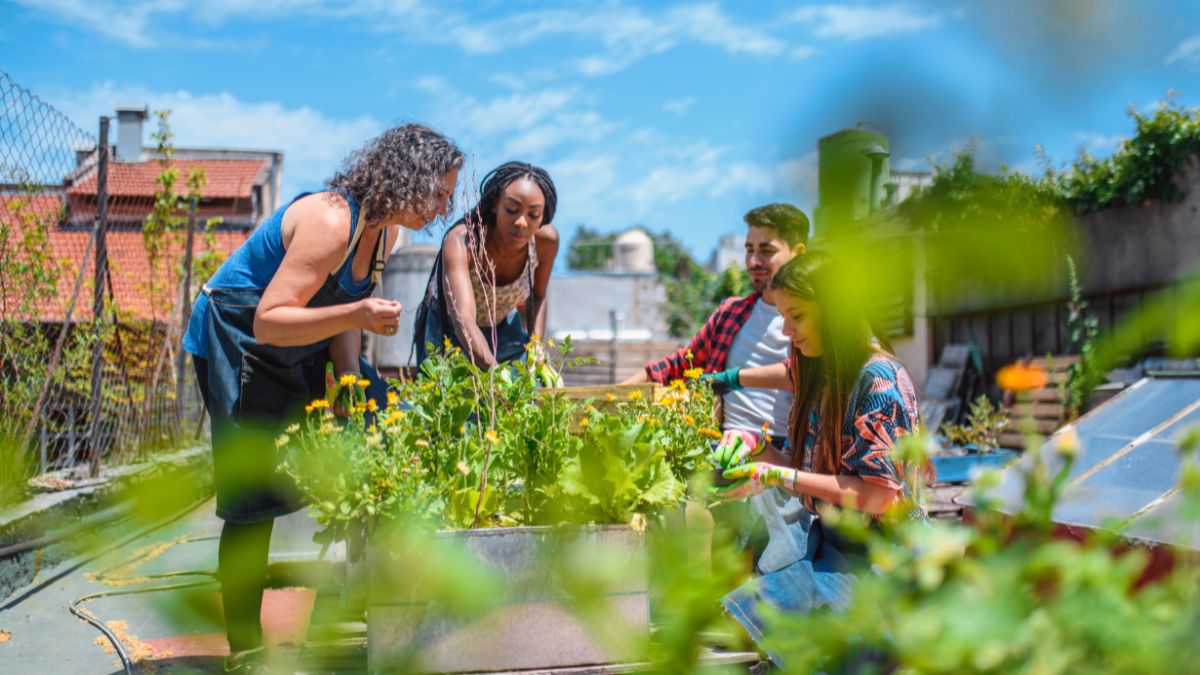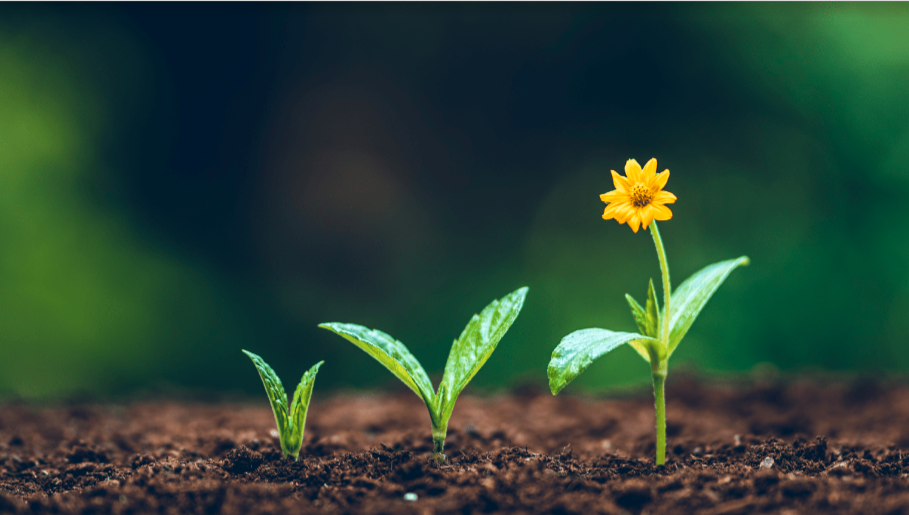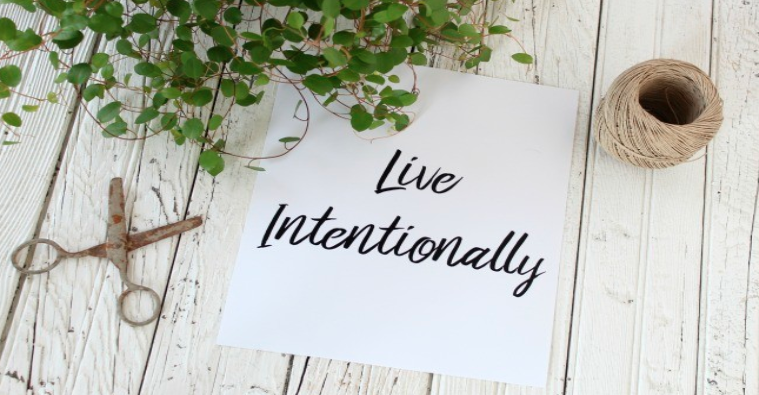Have you ever wondered where creators of art find their inspiration from? I know I have, for sure. Writers going through “writer’s block,” as they call it, use different techniques to overcome it. These may include travelling solo, spending time with their loved ones or listening to music. But do you know what works best for them?
As a writer myself, the technique that helps me the most is introspection. My compilation of words is beautiful; each stroke of my pen is so powerful, but where is the power coming from? Within myself. And this book is a part of me. Hence, the inspiration to create or do anything lies within the person.
And this holds true for anyone in whichever field they are. The courage to stand up for ourselves comes intrinsically; all our beliefs and values are inside us. It all starts with ourselves.
This holds exceptionally true even for life. Life is a journey. We all hop on this train and travel until we reach the final destination. The types of travellers may vary, from the guy who plays his guitar to the grumpy old lady in the corner. The world serves all kinds of dishes!
But what is the one thing that is common to all of us? What are we trying to do here? We are all trying to belong and feel connected, that we are an essential part of our community, and that the ecosystem needs me just as much as my companion.
We are all hellbent on trying to connect with people. When we were little, we used to try to form meaningful connections, but the adult in that child knows now that the world is made of networking. Somewhere from connecting to networking, we all grew up.
Where does the connection begin? Does it begin with our seniors at work or our Bumble date? The theory of the universe states that everything starts with us. We are the creators of land, water, cars, vaccines and connections.
Before connecting with others, one has to introspect if they are genuinely connected with themselves. Do we know our likes and dislikes? Do we know who we are? Do we know our true desires? The bitter truth is we don’t.
In “Connecting with Yourself: Why We Think, Feel and Act the Way We Do,” Vishal Jacob dives into the science behind our internal compass. Jacob argues that the key to a fulfilling life lies in understanding ourselves. The book offers a framework for developing that understanding. “Connecting with Yourself” is a journey of self-discovery. It equips you with the tools to decipher your internal world and guides you toward a more meaningful and connected life.
By examining how our brains work, we can learn to:
- Recognize how past experiences shape our present.
- Identify our emotional triggers and navigate them effectively.
- Leverage our natural strengths and find work that aligns with them.
- Build healthier relationships by understanding ourselves and others better.
Our peers may have neglected us, our teachers could not see our potential, and we do not feel we have cordial bonds with those around us. But do we have that with ourselves? We can feel that we do not belong in the outside world, but we can always belong in the inside world. Belonging starts with ourselves.
Studies show that self-connection, i.e., the awareness of one’s actual self and behavior, is an essential component of well-being. People generally feel happier and at ease when they know themselves. Self-disconnection leads to negative feelings of sadness, fear and depression. There is very little research in the field of self-connection.
Resonant Leadership by Richard Boyatzis argues that effective leadership hinges on a leader’s emotional intelligence and ability to connect with themselves and others. It goes beyond traditional leadership styles, focusing on three core qualities:
- Mindfulness refers to being fully aware of one’s own thoughts, feelings, and motivations, as well as those of others. It allows leaders to make conscious choices and respond effectively to situations.
- Hope: Resonant leaders inspire optimism and a sense of purpose in their teams. They believe in the potential for growth and achievement, fostering a positive and motivating environment.
- Compassion: This involves understanding and caring about the needs and feelings of others. Resonant leaders build trust and strong relationships by showing genuine concern and empathy.
The book outlines five fundamental principles for leaders to cultivate these qualities:
- Self-awareness: Leaders must understand their strengths, weaknesses, values, and emotional triggers.
- Self-management involves managing emotions effectively, staying positive under pressure, and making well-considered decisions.
- Social awareness: Leaders must be attuned to the emotions and needs of others to foster a positive work environment.
- Relationship management: Building strong, trusting relationships with team members fosters collaboration and motivation.
- Vision and inspiration: Leaders must articulate a clear, inspiring vision that motivates and unites the team.
By developing these qualities, leaders can create a positive emotional climate, fostering engagement, productivity, and overall well-being within their teams. The book emphasizes the leader’s ability to connect, inspire, and create a positive ripple effect throughout the organization.
If this holds true for you, fear not. There are many of us who are struggling with this, and with the help of some fundamental techniques, you can increase your self-awareness and connection. Read on to find out more about them.
- Introspection:
All that we need right now is some time alone with ourselves. We are managing top companies, attending family parties, and helping our friends. Little is left for oneself when so much energy and time is diverted outside. Introspection means thinking about our actions and experiences in the past and carefully analysing them. What made us happy? When were we unfair to someone? Introspection is the first and most critical key to connecting with yourself.
- Meditation:
New ideas and research in psychology and neuroscience suggest that our sense of self and understanding of others are deeply intertwined. This connection goes beyond just thinking; it’s rooted in our physical and emotional responses. This link between self and others is believed to be essential for empathy, social connection, and compassion. Interestingly, meditation practices, especially mindfulness and loving-kindness meditation, have been shown to strengthen these very social abilities.
- Journaling:
A study by James Pennebaker explored the benefits of expressive writing, a form of journaling that focuses on emotions and experiences. Participants who wrote about stressful events for four days showed reduced symptoms of depression and anxiety compared to the control group. This suggests journaling can help us process difficult emotions and better understand ourselves.
Connecting with our inner self can foster healing and uplifted feelings in ourselves. We are here to help you in Antaha if you struggle to feel this connection. Antaha is an organization devoted to helping those suffering from loneliness and feeling like they do not belong. Reach out to us, and we will be happy to help!
So start today. Go out and walk, see the world around you and feel your soul whispering beautiful words. Remember, we all can discover and connect with our actual selves, and it is time for you to do that now.

















